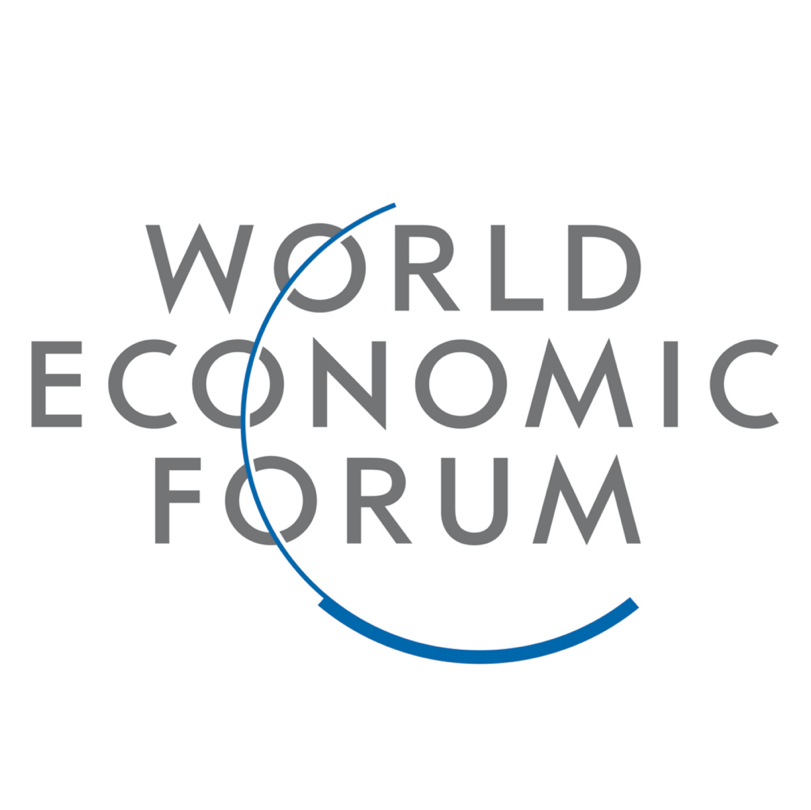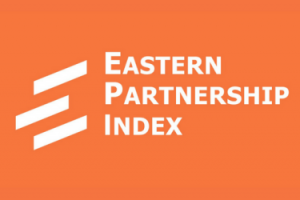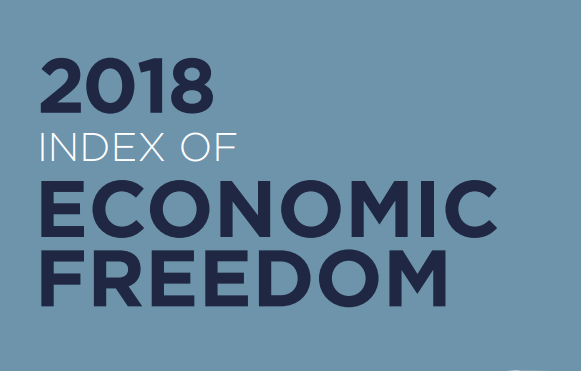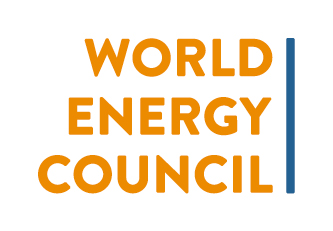The Global Competitiveness Report 2017–2018 is published by the World Economic Forum within the framework of the Global Competitiveness and Risks Team. It tracks the performance of close to 140 countries on 12 pillars of competitiveness. It assesses the factors and institutions identified by empirical and theoretical research as determining improvements in productivity, which in turn is the main determinant of long-term growth and an essential factor in economic growth and prosperity.
The Global Competitiveness Index has been measuring the factors that drive long-term growth and prosperity for over four decades, helping policymakers identify challenges to be addressed and strengths to build on when designing the economic growth strategies for their countries. And while the notion of competitiveness and the economic environment in which economic policy and investment decisions are made have continuously evolved, the past decade has seen a buildup of significant shifts that are fundamentally transforming the context in which policy decisions to foster economic growth are made.
| 2017-2018 | 2016-2017 | |
| Country | Position and score | Position and score |
| Armenia |
73 4.2 |
79 4.1 |
| Azerbaijan |
35 4.7 |
37 4.6 |
| Estonia |
29 4.8 |
30 4.8 |
| Georgia |
67 4.3 |
59 4.3 |
| Kazakhstan |
57 4.3 |
53 4.4 |
| Kyrgyzstan |
102 3.9 |
111 3.7 |
| Latvia |
54 4.4 |
49 4.4 |
| Lithuania |
41 4.6 |
35 4.6 |
| Moldova |
89 4 |
100 3.9 |
| Tajikistan |
79 4.1 |
77 4.1 |
| Ukraine |
81 4.1 |
85 4 |




